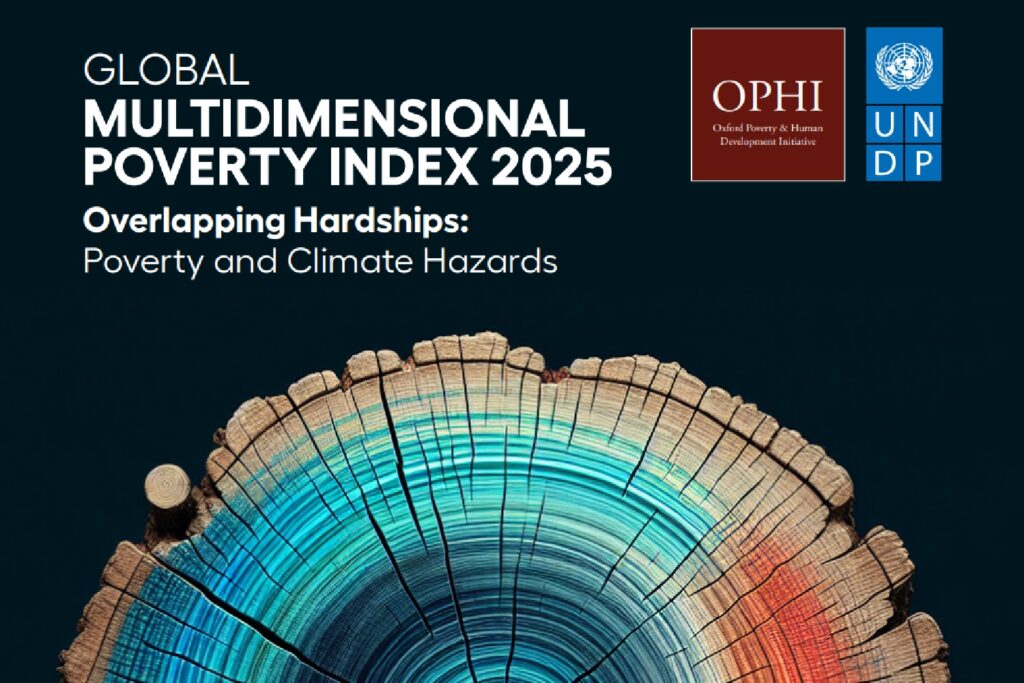Polycrisis & Policy Brief Series
This webinar explores how the ongoing polycrisis—marked by overlapping ecological, economic, political, and social stressors—continues to destabilize regions across Africa and the Middle East. Using Egypt as a focal point, the discussion highlighted how unresolved structural vulnerabilities from the Arab Spring era remain deeply interconnected, with rising inequality, environmental degradation, and political repression still threatening […]
Polycrisis & Policy Brief Series Read More »









